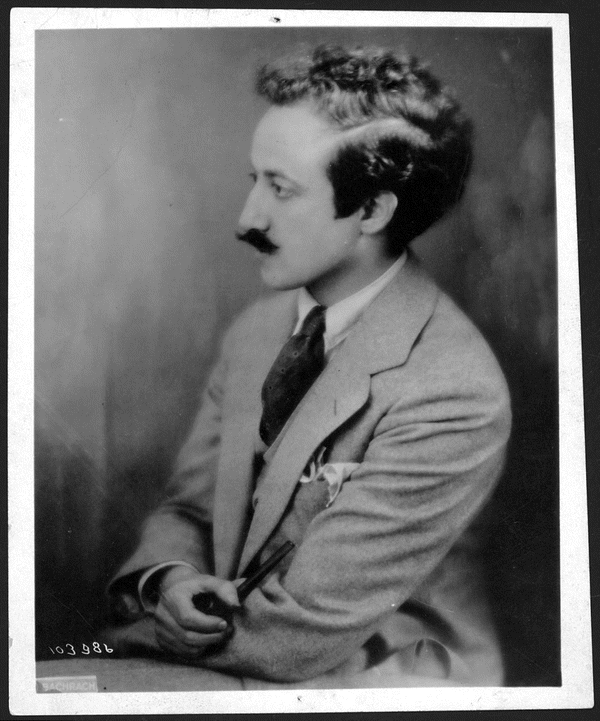It’s worth thinking about this, five years later:
I have never thought of myself as an experimental writer, but this project is clearly a step into un- (or at least under-)charted territory. My idea is to write briefly from time to time mostly about my writing and whatever I might be thinking about poetry at the moment. Other subjects (music, politics, etc.) may enter in, as they do in life.
Blogs have been around for awhile now, but to date I haven't seen a genuinely good one devoted to contemporary poetry, so it may prove that there is no audience for such an endeavor. But this project isn't about audience. The fact that the blog has the potential to carry forward the best elements of a journal and seems inherently prone to digressive, if not absolutely plotless, prose gives me hope that this form might prove amenable to critical thinking.
Ron
That was my first blog,
Five years hence, the audience question appears to have been answered – by the size of my blogroll more than the number of visits I’ve had here. It’s no longer even remotely possible for me to keep my list of other blogs up-to-date. My presumptions – that this format was conducive for critical thought and (not clearly stated above, I see now) that there was a hunger among poets for the ability to discuss craft, books, trends, politics, whatever, outside of the funneling framework that is the academy – were correct.
Another unstated presumption – that I would be able to do what I wanted in notes no longer than the one above – has proven shakier, to say the least. I had during the previous year tried a few such notes, modeled after Adorno’s Minima Moralia, a book that’s haunted me for 25 years, but my sense of the “finished” essay had me polishing single paragraphs for weeks. Few were ever completed & I never published any of them, even here. The looser, more ad hoc template of blogging proved far readier to get across what I was after.
My world in 2002 was very different. My twins were just ten years old, for example, and we could vacation in a two-room cabin, a considerable change from the five-bedroom manse we had last week in North Carolina. Gil Ott, Robert Creeley & Jackson Mac Low were all around. All were poets whose wisdom I looked to as a guide for my own actions. The Iraq War referred to something that happened during Bush I. Bush II was saying bellicose things about the government of
Blogging, it turns out, has changed the world of poetry in ways that I don’t think we fully realize just yet. There are poets who have begun their careers through blogging, at least one literary genre – flarf – that has its roots there, more than a few collections of physical books that have grown out of blogs. Blogging embodies, more than any other phenomenon I know, the web’s ability to erase or otherwise transform the limits of geography. Poets are linking up on the basis of mutual interests, which is a great thing, especially if you live somewhere other than
Of the various concepts and phrases I’ve come up with here over the past five years, none has generated more wrath than the School of Quietude. Perhaps the two most common complaints are that the idea is too simplistic and that it describes poetry as it existed at some moment in the past, but not now. Both criticisms are largely correct. There is a project – one for which I have no stomach, personally – filling in a far more adequate mapping of the conservative tradition(s) of poetry, first in the
I will, of course, continue to note the depredations of the School of Quietude where they seem apparent – every single American poet laureate, with the sole exception of William Carlos Williams in 1952 (who was appointed but never served, largely for reasons of health), has been a member of this same small coterie dating back to its creation as the poetry consultant to the Library of Congress in 1937, endowed by Archer Huntington, the semi-legitimate heir to Collis Huntington, one of the railroad barons of the 19th century. That sort of institutional oligarchy may not be as prevalent as it was, say, in the 1950s, but it has hardly disappeared. On the other hand,
¹ With the sole exception of 2001, the year he hit 73 home runs, Bonds’ numbers from 1993 through 2004 are absolutely consistent. The idea that Bonds suddenly “got powerful” outside of that one year is a fiction.
² Some other guides suggest a value as high as $5 million.






